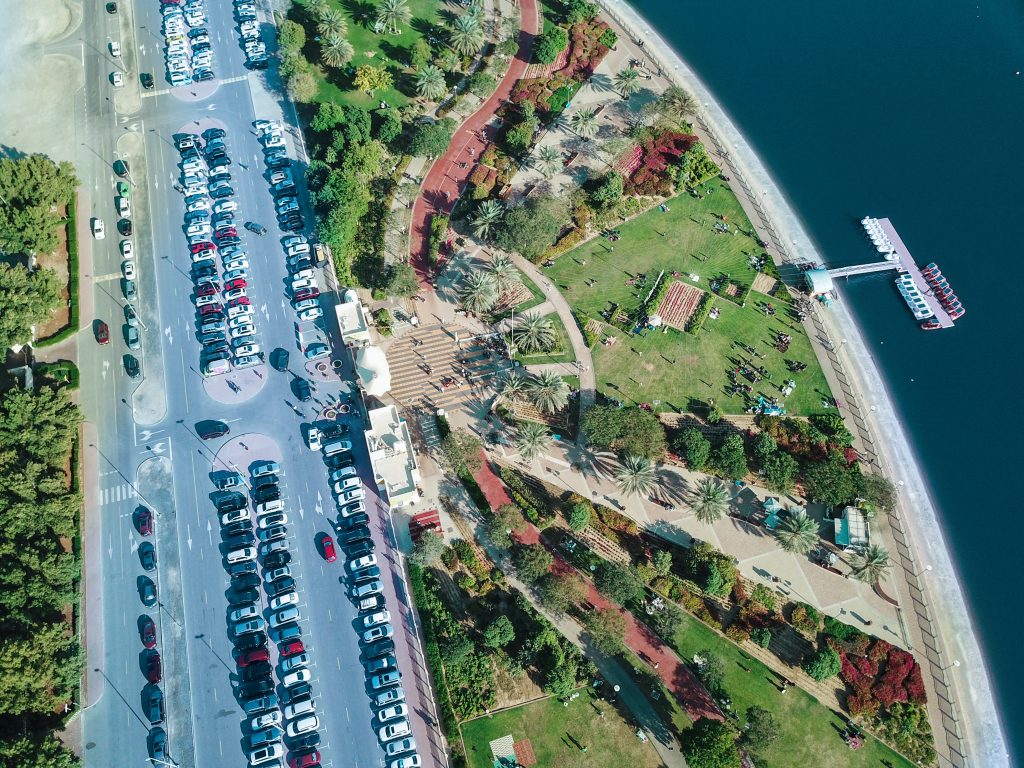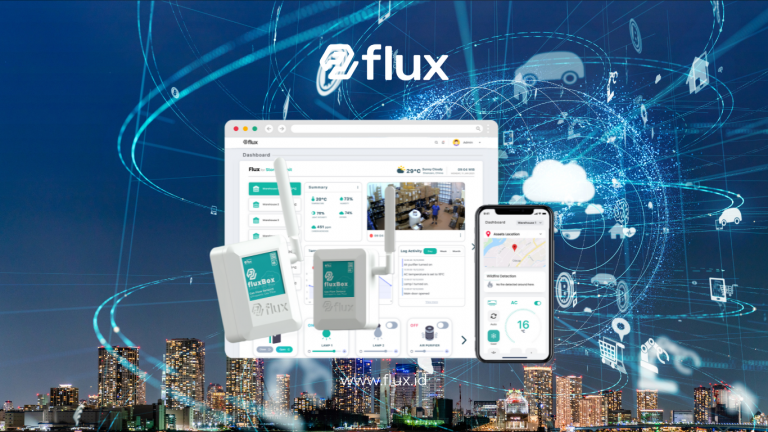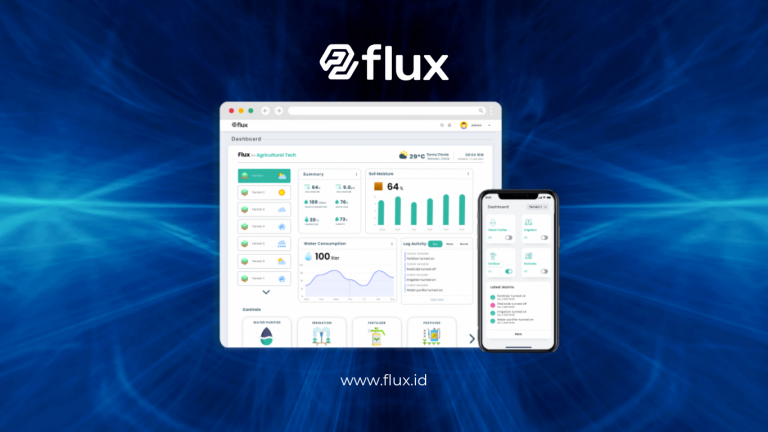Don't miss our holiday offer - 20% OFF!

Read also : Smart Parking: Enhancing Parking Experience with Smart Technology in the Era of Smart Parking
In the evolving digital era, the concept of a “smart city” has captured global attention. An essential aspect of this concept is the development of connected parking systems, aiming to optimize driver experiences, reduce congestion, and minimize environmental impacts. However, alongside its benefits, security and privacy in connected parking systems have emerged as critical issues that demand serious consideration.
Challenges in Security and Privacy of Connected Parking Systems

Read also : Menjembatani Kesenjangan Pangan dengan Teknologi Smart Hydrofarming
- Data Security Risks: Connected parking systems collect and store sensitive data such as vehicle license plate information and location data. If this data falls into the wrong hands, it can be exploited for criminal purposes like identity theft or misuse of personal information.
- Cyber Attacks: Like other connected systems, parking systems are vulnerable to cyberattacks such as hacking and malware. Such attacks can disrupt parking operations or even lead to data breaches.
- Privacy Violations: In the pursuit of enhancing driver experiences, parking systems can gather valuable insights about individual travel habits. This becomes a privacy concern if the data is used without permission or sold to third parties without user consent.
Solutions to Address the Challenges

Read also : Participation at Communic Asia 2023 in Singapore
- Data Encryption: All data collected by parking systems should be effectively encrypted both at rest and in transit. Strong encryption will make it harder for hackers to access sensitive data.
- Protection Against Cyber Threats: Implementing cybersecurity measures like firewalls, intrusion detection systems, and regular software updates can help safeguard parking systems from unwanted attacks.
- Authorization and Consent: Users should have control over their data. Parking systems should explicitly seek permission before collecting or using users’ personal data. Users should have options to control how much of their data is accessible.
Conclusion

Read also : Automated Parking Concept: Smart Solution for Availability
Connected parking systems offer substantial potential to enhance efficiency and convenience in urban parking settings. However, it’s crucial to remember that security and privacy must be top priorities during the development and implementation of such systems. By applying strong encryption, safeguarding against cyber threats, and adopting a user-centric approach to permissions, we can minimize risks and ensure that connected parking systems deliver maximum benefits without compromising user security and privacy. Thus, the future of parking in smart cities can harmoniously align with responsible and secure technological advancements.





